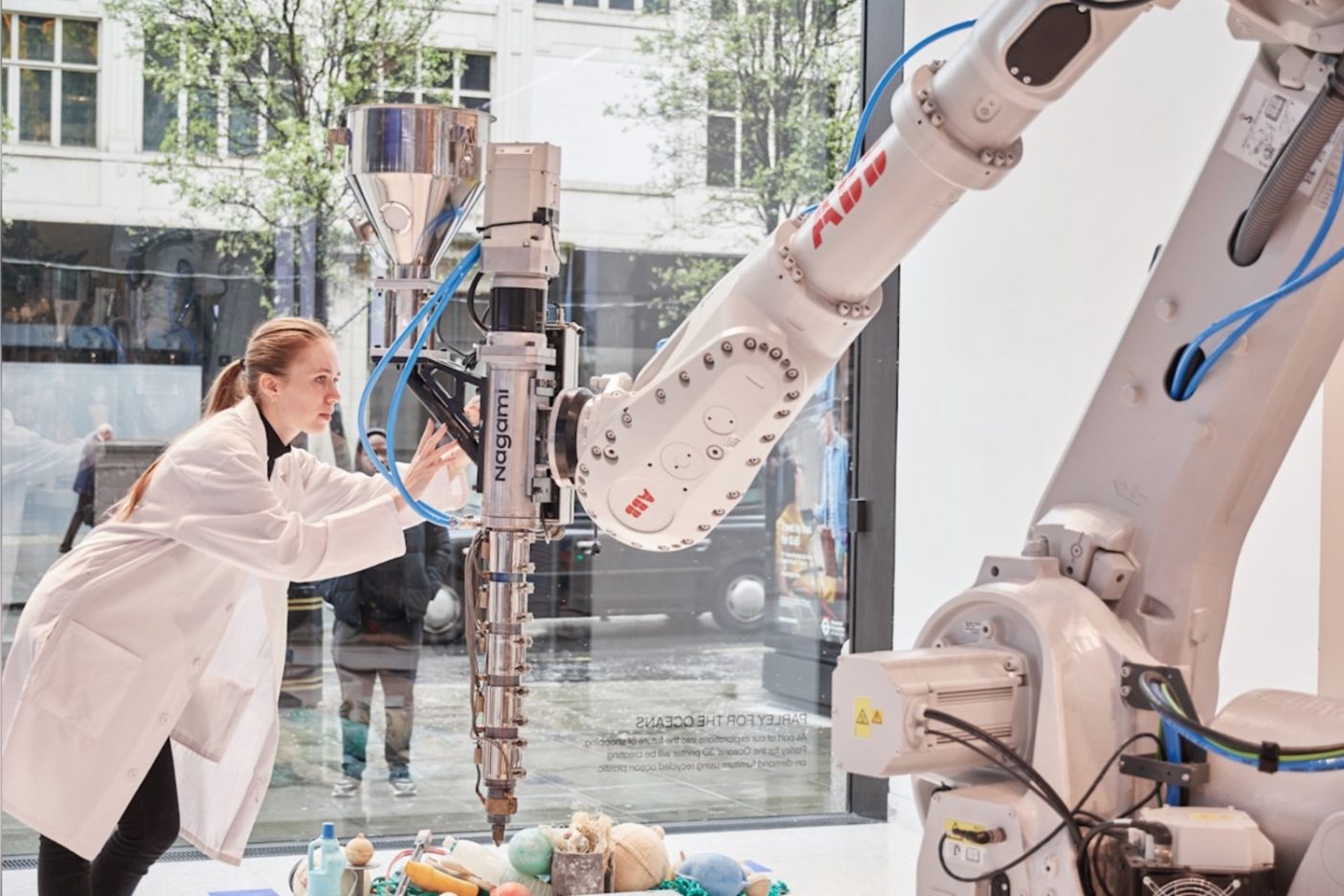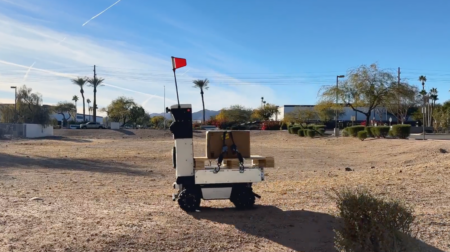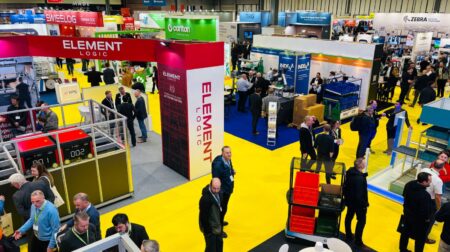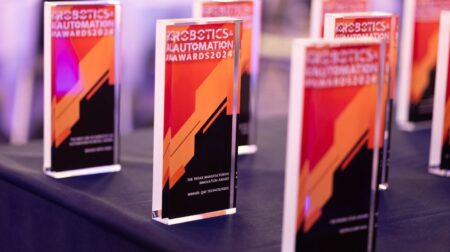ABB looks to demonstrate the future of retail through a 3D printing installation featuring a robotic arm in Selfridges, Oxford Street.
Throughout April the demonstration will feature in a window display, with shoppers able to see an ABB robot 3D printing a variety of personalised designer objects made from Parley Ocean Plastic – intercepted marine plastic debris collected from environmental organisation Parley’s Global Cleanup network.
The 3D printing demonstration is part of Selfridges’ Supermarket concept, which aims to challenge consumers to think about how the goods they purchase are produced and the impact of this production on the environment.
“While expanded choice is great for consumers, it also comes at a cost to the environment, with products and packaging often being discarded with little thought about where they end up or whether they get recycled,” says Marc Segura, ABB’s Robotics division president.
“By re-using plastic from the world’s oceans to print designer objects, we help to highlight the important contribution of robots in creating the sustainable manufacturing processes central to a circular economy.”
Developed in partnership with Parley for the Oceans, and design brand Nagami, the demonstration will use ABB’s simulation software, RobotStudio and an IRB 6700 robot to create a variety of printed furniture, homeware, and other objects made from Parley Ocean Plastic.
The robot will work with Nagami’s plastic extruder to print the objects which can be selected by customers on a screen and made to order on the premises.

Parley founder and CEO, Cyrill Gutsch, added: “Working with two industry leaders, ABB and Nagami, we can now print on demand anywhere in the world to turn a problem into a solution.
“Beyond the huge potential for reducing waste by printing directly inside retail locations like Selfridges, we want to use this technology to empower local communities across the globe – giving them the tools to turn local plastic pollution into business opportunities and useful objects. For the oceans, climate and life.”
As well as underlining the importance of eco-innovation, the demonstration will also help to highlight the wider potential of robotic automation in helping retailers attract customers into their stores. Robots are already being used in increasing numbers in inventory and delivery management and in-store services, with research organisation Coherent Market Insights estimating a 30% growth in the uptake of robots in retail by 2028.







